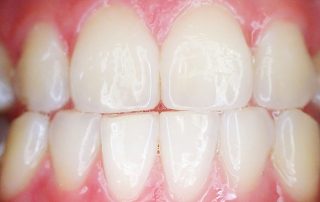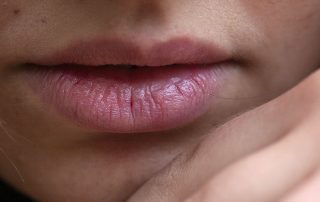Pacifiers, Thumb Sucking, And Baby’s Teeth
IT’S NOT ALWAYS easy to know the best thing to do as a parent. Every child is different and there isn’t a handy instruction manual. One question on many new parents’ minds is when to start discouraging a child from sucking their thumbs or using pacifiers. We might not be able to answer all of your parenting questions, but we have this one covered. Babies And Toddlers Benefit From These Habits Sucking on anything and everything is a natural reflex for babies. It’s soothing and comforting for them, especially when they’re teething. There’s no reason to discourage thumb sucking or pacifier use for babies and young toddlers. It will help them sleep, stay calm when separated from you, and even reduce the risk of SIDS. When Should Thumb Sucking Stop? Many parents are anxious [...]









